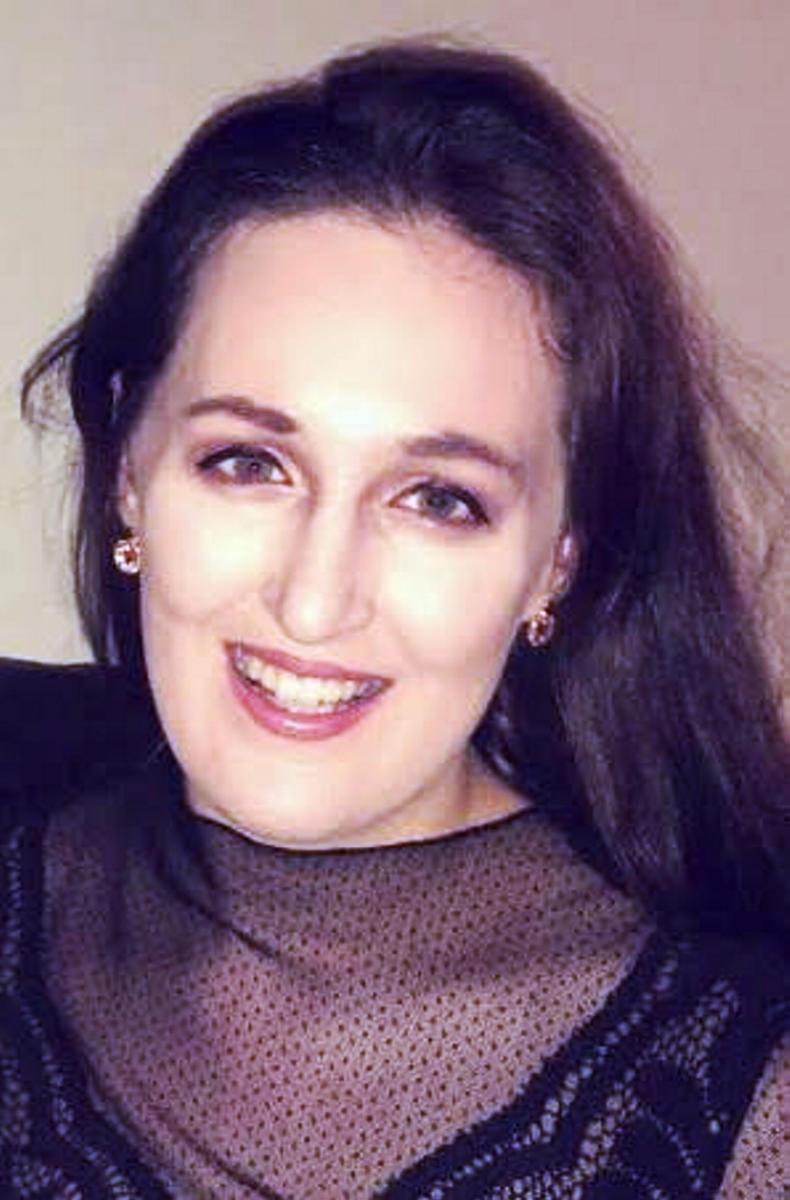Edel Mulligan
Social Science at UCD
Why did you want to study social science?
When filling in my CAO application I wasn’t fully sure what I wanted to work at but I knew I wanted to work with people. The Bachelor of Social Science degree is an ideal choice for those with a keen interest in people, society and social issues.
What do you learn?
Social science covers a lot of ground and helps students develop a wide range of transferable skills and opens up many career options. The first year of the degree was very broad and at the end of first year we had to pick a pathway, so I picked the social work route. In year one, we learned about society as a whole and the different cultures and ethnicities all around the world. We also learned about human crises like refugees and problems closer to home like homelessness and how society and people react to these problems. As part of our research, we learned about disabilities, equalities/inequalities between men and women.
What are the opportunities
after college?
Social science is a tricky course when it comes to future jobs as there are so many avenues you sometimes can feel overwhelmed and very confused. For me, having done the social work pathway to progress to be a social worker, it is necessary to complete the social work master’s.
There are so many different options out there before completing the master’s; some of my friends have gone on to work in the caring profession, supporting people with various disabilities such as blind, deaf and intellectual disabilities, while others are working with elderly and rehabilitation. Some have become advocates and are working for very well-known charities, while others have gone on to study primary school teaching/occupational therapy. Social science subjects naturally lead to progression into the types of careers that make a very real difference to society.
Environmental planning, health, education, politics, law, international relations – these are just a handful of the many social science areas that help you to improve the lives of children and adults in societies around the world.
Postgraduate study, if chosen wisely, can significantly enhance your career prospects. Courses with a strong career orientation such as journalism, public relations or social work are very likely to improve your chances of getting work in these areas, and for some professions – for example psychology and social work – a postgraduate qualification is usually a prerequisite.
Elsa Mc Evoy
Journalism at DCU
Why did you want to study Journalism?
I first knew I wanted to study journalism when I was in transition year and did a week’s work experience with my local newspaper, The Western People. I enjoyed english in school and I love reading, so studying journalism was something that made a lot of sense to me.
What did you learn?
In DCU, the BA in Journalism is very hands-on. We have modules in radio and TV where we learn how to use professional equipment to film and edit our own news packages. We also have modules in news writing, the ethics of journalism and this year we’ll be learning about mobile journalism, which enables us to record and edit packages straight from a phone so that breaking news can be covered.
Do you need to do a post grad?
A master’s in journalism is always an option but not really necessary if you’ve already got a bachelor’s degree in the subject. DCU has an INTRA placement for the BA in Journalism which gives students the opportunity to intern at places such as the Irish Farmers Journal for two months before graduating. This not only gives us experience but also makes the transition into a job far easier.
What are the opportunities for Journalists?
Despite the decline in print media and the idea that journalism is dying, I am still hopeful for the future. There are still many opportunities for journalists out there in broadcast and online. Every publication now has an online section which is where recent journalism graduates excel. There are new positions such as social media managers and online editors. Now journalists are jacks of all trades rather than trapped to one specific area.
Would you recommend studying Journalism?
Overall, studying in DCU has been brilliant but participating in activities outside of class really helps put the lessons into practice. I got involved with the college newspaper, The College View, in second year and I am now deputy news editor. I have learned so much from the role that I would encourage anyone studying journalism to get involved in a campus newspaper or radio station. CL






SHARING OPTIONS